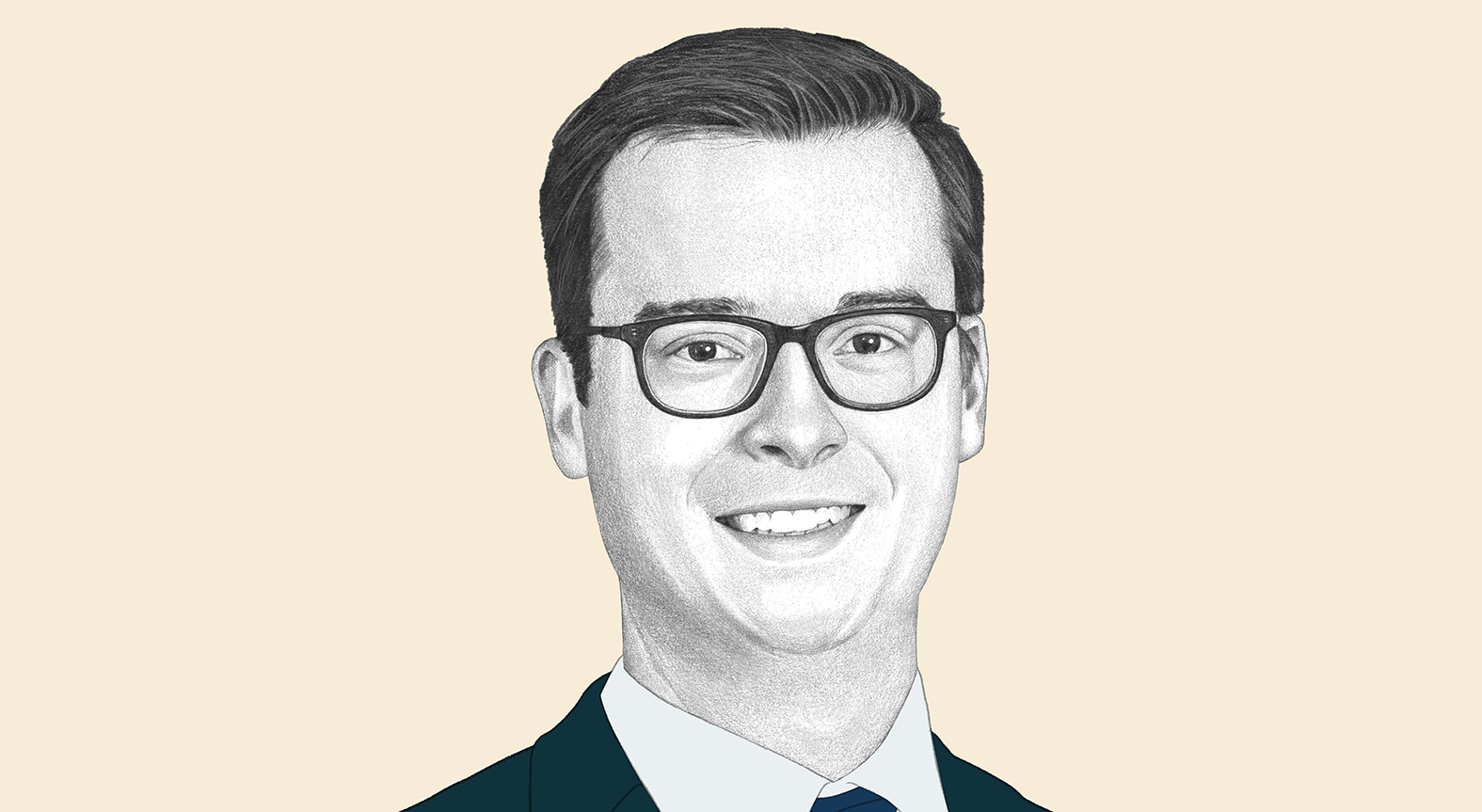
In medicine, ethical dilemmas are not theoretical; they are real and immediate. Questions about end-of-life care, reproductive technologies, or resource distribution don't allow for spiritual autopilot.
For the Catholic health care professional, forming the conscience is not a one-time decision; it's a pilgrimage of discernment. We are called to shape our moral compass through prayer, Scripture, professional formation, reflecting on experience and the teachings of the Church. A well-formed conscience allows us to stay faithful to our values, even when the cultural winds shift.
In a field full of complexity, conscience formation becomes an act of hope. It is the conviction that God's wisdom still speaks, and that truth is not only possible but essential for healing. We test our conscience through the rigor of experience. We make decisions that attempt to meet the needs of the patient while upholding the truth underlying all creation. Then we take the time to reflect on our decision-making and see whether new insights emerge that will aid us in future encounters.
Every patient we see, every colleague we support and every decision we make becomes a chance to extend God's mercy. We don't just treat symptoms, we serve our neighbor.
DRAWING LIGHT FROM HOPE
In an era of institutional strain and staff burnout, conscience formation is no small feat. Yet the Catholic tradition urges us to persevere. Doing good means listening with empathy, treating every person with dignity, and upholding the sacredness of life.
In a field full of complexity, conscience formation becomes an act of hope. It is the conviction that God's wisdom still speaks, and that truth is not only possible but essential for healing.
When we face a difficult situation, one that we feel ill-prepared to handle, we are invited to seek advice from our colleagues. Our shared ministry is filled with healers who have decades of reflective experience from which we can draw light into the haziness of the new and the unknown. Hope is not a feeling; it's a choice. Every time we advocate for a vulnerable patient, offer a moment of comfort, or stand firm in a moral decision, we become signs of hope for a world that desperately needs it.
Bringing about the Kingdom of God isn't about grand gestures. It's about the quiet, consistent witness of love and justice. For those of us in Catholic health care, the hospital or clinic isn't separate from our faith. It is where our faith is lived. This might look like ensuring equitable care for the underserved, pushing for policies that respect life and dignity, or shaping a culture of compassion in our departments.
We do not do this work alone, but in community — the community of our health ministry and the community of partners who share our mission of hope. Whether we're clinicians, chaplains, administrators or support staff, we are kingdom builders when we help create spaces where Christ's healing is made real.
WALKING WITH PURPOSE
But how do we continue this work when we fail or falter? We remember that this is a pilgrimage, not a sprint. What matters is that we keep walking. We know the act of reflection is critical to the formation of our conscience. We must take the time to examine our past to find the way to the future. To live our baptism in health care is to walk with purpose. We are not lone travelers. We are part of a pilgrim Church called to carry light into darkness, to serve with courage and to believe that grace still breaks through.
Pope Francis reminded us that the Church is a community of pilgrims of hope. For Catholic health care professionals, this means that every chart reviewed, every wound dressed and every ethical stand taken is part of a much larger journey — one that leads us and those we serve toward the heart of God.
So let us walk on with faith, with love and with hope.
NATHANIEL BLANTON HIBNER, PhD, is senior director, ethics, for the Catholic Health Association, St. Louis.
